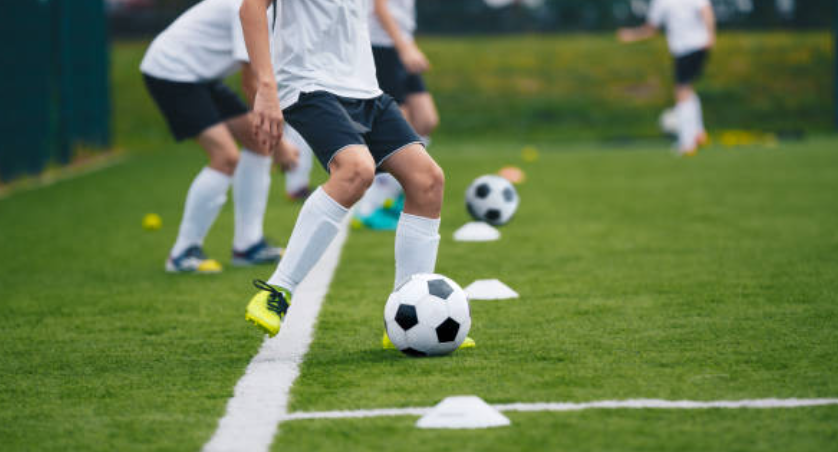One of the most common questions my patients ask in the clinic is ‘When can I return to sport?’.
I often empathise with my patients as I know myself how eager I was to return to basketball after injuring my shoulder. The answer to this question is often complex and multi-faceted. It depends on the type of injury, severity, age, type of sport, psychological preparedness, the professional level of the sport and many more other factors! In this blog we will explore numerous useful tips you can use to help determine if you are ready to return to sport.
Sports-specific functional movements:
A physiotherapist will usually ask you to perform a few specific functional tests related to your sport to determine if your body is able to return to sport. This can involve a balance test, hop test, single leg squats and specific cone drills. A common function test is single leg squats where the physiotherapist will usually ask you to perform the maximum number of repetitions for each leg. This will determine if the quadriceps, hamstrings and glutes are similar strength in each leg.
Psychological preparedness:
There will be athletes who are confident that are able to perform at their pre-injury capacity in their sport. However, there are other athletes who are anxious about returning to sport especially after a long layoff. For example, an athlete with ACL knee injuries could report that their knee is still giving way when they play soccer. Athletes in this category require further physiotherapy to help guide them to the finish line.
Gradual load management program:
It is often important to remember that when you begin to return to sport you are placed on a gradual load management program to help your body incrementally adjust to demand of the sport. A sudden increase in training load will increase the rates of injury. In sports physiotherapy, we often use an algorithm known as the ‘acute to chronic’ ratio. This usually involves increasing the workload by up to 30% for a period of 4 weeks to let the body adjust to the new training load.
Injury prevention program:
There are many re-injury prevention programs on the web. Many of them aim to improve neuromuscular control of athletes during running, cutting, jumping and landing activities. The program should include a mixture of plyometrics, balance and strengthening exercises specific to your sport. If you are unsure how to do this, a Myphysio physiotherapist will be able to provide you will an individualized return to sport program catered to your specific sport.
Myphysio physiotherapists are movement specialists!
Whether you’re a weekend warrior or the next football star. We are able to provide you with a detailed assessment of your current capacity and provide you with the appropriate program to help you return to sport and perform at your best on the field.
Book an appointment today! We also have an Instagram page where you can find out about our latest physiotherapy tips.

